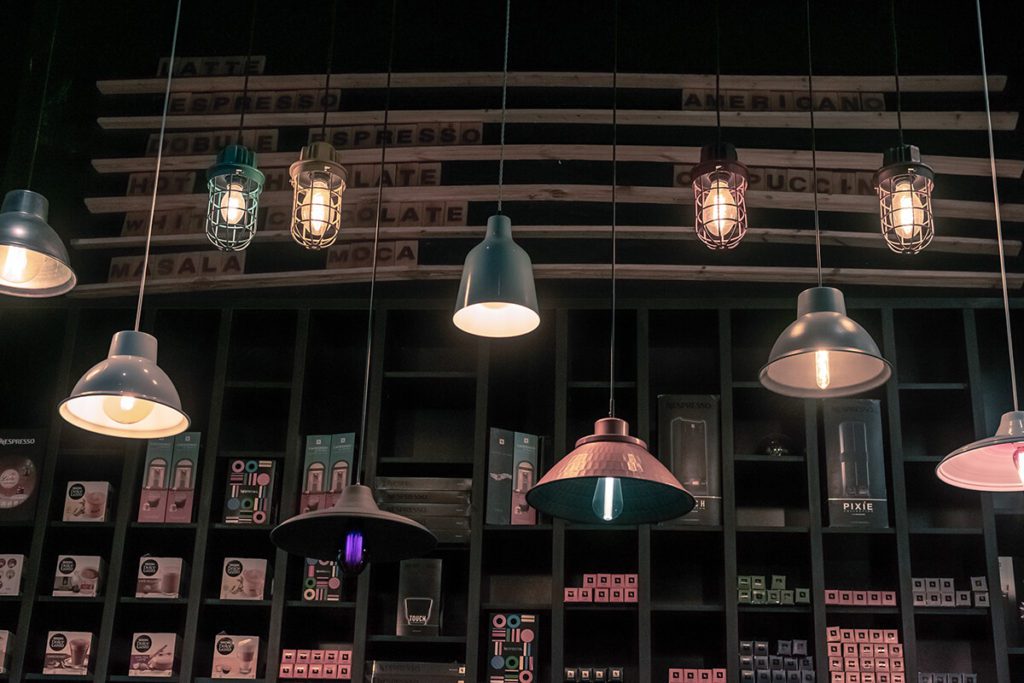Shopping
The weekly shop of recent times is, quite simply, riddled with plastic. We’ve all been there: the frustration of realizing you forgot the reusable grocery bags again, and being horrified by the sheer amount of plastic going straight in the bin when unpacking your food.
The challenges
Let’s put this era of plastic obsession behind us- better solutions are finally within our reach!
We highly recommend working through the following 3 steps to overhaul your habits in this area. Once it’s done, the benefits just keep coming every week. It can take just an hour of your time to assess your current shopping needs, and find the adjustments that work for you.
Local grocery shops often have plastic-free produce, and our friends over at ‘Zero Waste Near Me’ have put together a great map showing you your nearest plastic-free shops…
Step 1: Waste audit
This is the best place to start. Collect a week’s worth of recycling, separate it, and decide what purchases are truly essential. Make a list of the items that are sending unnecessary waste out of your home. You can highlight items that you know could easily be found from the same store or provider.
Step 2: Find your workable alternatives
Once you have the list, stick it to your fridge and in your own time, one by one, start finding waste free alternatives for each item or group.
Local grocery shops now often have plastic-free produce, and our friends over at ‘Zero Waste Near Me’ have put together a great map of your nearest plastic-free shops.
For each item/group of items, search online for:
- packaging-free grocery deliveries (think milkman, veg boxes etc)
- Local “scoop” shops and shops with refill stations
- bulk delivery services (if you’re short on space, speak to a neighbour/friend and ask if you can share the order)
- local markets, farmer’s or otherwise
Once you find your perfect solution, tick it off the list and celebrate cutting out yet another pointless piece of packaging. You’re doing something really, really important.
By doing this, you’ll discover new products you’ll love- a lot of these providers offer innovative stuff aimed at more conscious customer groups that the mainstream supermarkets simply haven’t caught up with yet.
Step 3: Organise your containers for scoop shop trips
Scoop shops are fantastic ways to reduce plastic- to maximise that you need to gather yourself a good set of cotton bags and plastic jars. These are easily transportable and also easy to clean. (Using the plastic/paper bags they provide really does defeat the point a little!)
Gradually, supermarkets too have started moving in this direction– Morrison’s now features plastic-free fruit and veg aisles across 60 of its stores and the others are starting to follow suit.
Bags- the facts
We recommend using canvas/cotton bags, but make sure to actually reuse them.
Plastic bags, reputation aside, require the least amount of energy to create. It’s simply the fact that they don’t last long that makes them such a huge problem for the planet. Don’t believe for a minute that a single-use paper bag is better. It would have to be used at least 3 times to make up for it’s footprint and it’s also surprisingly harmful in landfill.
A cotton-based bag lasts for years, is washable and nobody is going to throw one in the bin until it’s finally bitten the dust. It needs to be used around 130 times to offset the plastic bags that would have been used in its place. That may sound a lot, but if the average shopper counts the number of plastic bags they get through in just one year, that 130 is utterly dwarfed in comparison.
Crucial step here: always keep a bundle of them in your car/with your bike/where you hang your house keys/ wherever you need to so that it’s almost impossible for you to end up making an unexpected shop stop and being caught without.
Don’t be precious about your bags. Know that if you transport something to a friend’s house in one and the bag gets left there, it’s benefits will continue to be reaped elsewhere.
Ready to make an impact?
Make your pledge to a low carbon future. Pick a cause or issue that drives you – campaign, spread the word, educate your family and community.
Now that you have discovered the best ways to reduce your impact in the planet, and made your pledge to improve it, join our community and offset your remaining carbon excess whilst supporting some of the best hand-picked projects and campaigns to improve our future.


